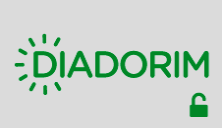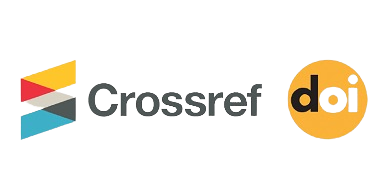LETRAMENTO NA EJA
CONCEITOS DA SOCIOLINGUÍSTICA PARA O ENSINO – APRENDIZAGEM DE JOVENS E ADULTOS
Abstract
This text aims to highlight the importance of sociolinguistics in Youth and Adult Education (EJA), emphasizing its contribution to adapting teaching to the linguistic, cultural and social needs of adult students seeking to complete their basic education. Furthermore, it aims to highlight the interrelationship between sociolinguistics, literacy and literacy, highlighting how these aspects are crucial to the educational process at EJA, especially with regard to the development of students' reading and writing skills. To address these themes, the text reviews the literature on sociolinguistics, literacy and literacy in EJA, highlighting relevant studies and research that demonstrate the importance of understanding linguistic varieties and the social contexts of adult students for the development of effective teaching strategies . Furthermore, it presents practical examples of how sociolinguistics can be applied in the context of EJA to promote student literacy. The text is based on theories and concepts of sociolinguistics, literacy and literacy, using references from authors such as Bagno (2002), Freire (1987). These authors provide important insights into the relationship between language, culture and education, as well as the importance of considering the experiences and prior knowledge of adult students in EJA.
Downloads
Downloads
Published
How to Cite
Issue
Section
License
Copyright (c) 2024 Academic Journal Geadel

This work is licensed under a Creative Commons Attribution-NonCommercial 4.0 International License.
Os autores concedem à revista todos os direitos autorais referentes aos trabalhos publicados. Os conceitos emitidos em artigos assinados são de absoluta e exclusiva responsabilidade de seus autores.





